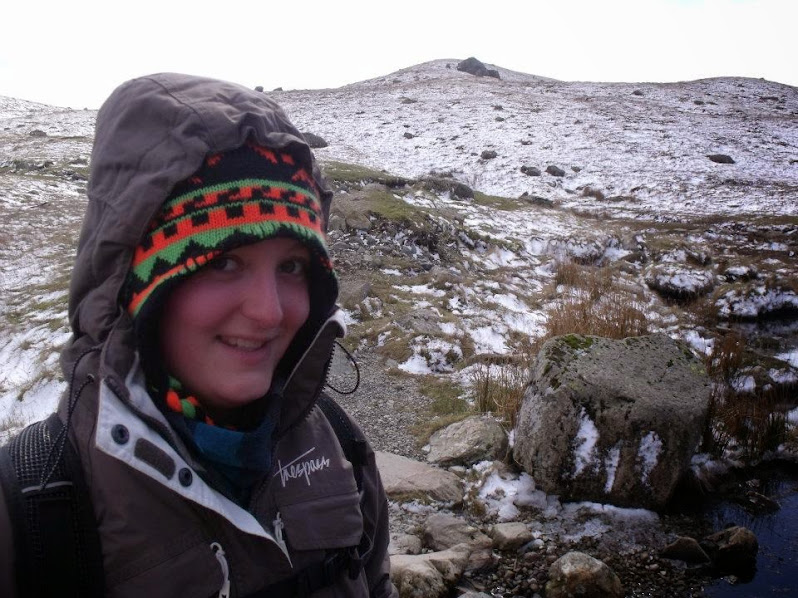Cooking at Uni can be a daunting task for some people so here a few tips to get you started:
- Practice at home before you go
- Get family members to write down your favourite home cooked recipes in a way you can understand - better yet help them prepare it and make your own notes!
- Help with the family food shop - this way you will get an idea about how much things really cost and where items live in a shop
Here are a couple of ideas of meals that can get you started - shoving something in the oven, like fish and chips/pizza/chicken nuggets is ok every now and then but you will get bored with it and won't do your health much good if you eat it with every meal!
Food Shopping
Here are some tips when you go food shopping:

- Supermarkets reduce stock that is nearing its sell by date at the end of the day. Shop at this time for some great bargains. See the 2 photos - I got a £13.42 beef joint for £5.00 and a £1.35 loaf of bread for 19p! I cut the beef up into individual portions and froze it! That's 12 meals worth of meat for me! I love yellow sticker shopping!
- Watch out for pricing - just because it says 'bigger so better value' doesn't mean it is! Below each price there is how much it costs per 100g/1kg/100ml/unit etc. so use that to compare prices to find the real cost.
- Don't be precious about brands. Own brands can be just as good but 19p noodles are not a bargain - they taste disgusting and you won't eat them!
- Do not go shopping when you are hungry! This only encourages you to pick up extra things that you don't need, which is not good if you are on a budget!
- Write a list! Put on it your crisps, chocolate and cakes - that's ok! But when you shop you must stick to the list! I use an app called 'anylist' which means when ever I think of something I need I can add it to the list right then! You can share this list with others too so if you share it with your parents (who happen to be visiting at the weekend) then they might pick up some bits for you - BONUS!
Some Basic Recipes to look up:
Cook books are great but I am a fan of typing things like 'how to poach an egg for dummies' into Google for really basic instructions. Youtube is also great as you can actually watch people do things, so if you are unsure of how to cut up an onion, you can watch and learn.
Curry (Chicken, beef, lamb, veggie)
Stir Fry (great for when you need to use up things - and fairly healthy too!)
Spaghetti Bolognese
Steak and salad (this will make you very popular and is actually really easy!)
Home Made Beefburgers (Basically mince, onion and carrot - you can also make these meatballs)
Cook in the bag meals (all you have to do is put your meat in a bag, shake in the flavouring, tie it up, shove it in the oven and voila!)
Family Favourites (Find our how to make your families favourite meals - this will make you feel more at home at Uni, especially in the first few weeks)
One-Pan-Wonders (Or 2 pan for pasta/rice too):
 |
I forgot to take a final photo -
I was too hungry! |
These are great because it means less washing up!
In this photo I cooked everything in one pan. I did the meat first, then sweet potatoes and root veg (carrots, onions etc), then I added the meat back in and added other veg (sweet corn, peas, mushrooms). If you want you can add a sauce of some description but I just had it with a bit of Mayo and some salad that needed eating up. LUSH!
 |
Mega Lazy meal - salad from a bag
(reduced of course) and I cooked some
chicken to go with it |
The less pots, pans and kitchen equipment you use the better really - especially if you hate washing up as much as I do! BUT I am always careful of using separate utensils for raw and cooked
meat - I don't want to risk food poisoning!
Final Food Thoughts:
- Don't scrimp too much on food - enjoying your food helps keep people healthy but also happy!
- Use your FREEZER - this is a good way to save of wasting food & money! If you cook too much (which you will do to start with at least) then portion it up and freeze it to heat up and eat later.
- Slow cookers are AMAZING! It means you can buy less expensive cuts of meat, yet they still melt in your mouth! I often put on a stew/curry and leave it to cook all day when I'm at Uni and then when I get home and can't be bothered to cook - it's already done and ready to eat instantly!
 |
Here is my infamous slow cooker - Nancy - who is loved by all!
We cook as a house and then people can have dinner when they get in and its
hot and yummy for everyone - no matter how late home you are! |
























